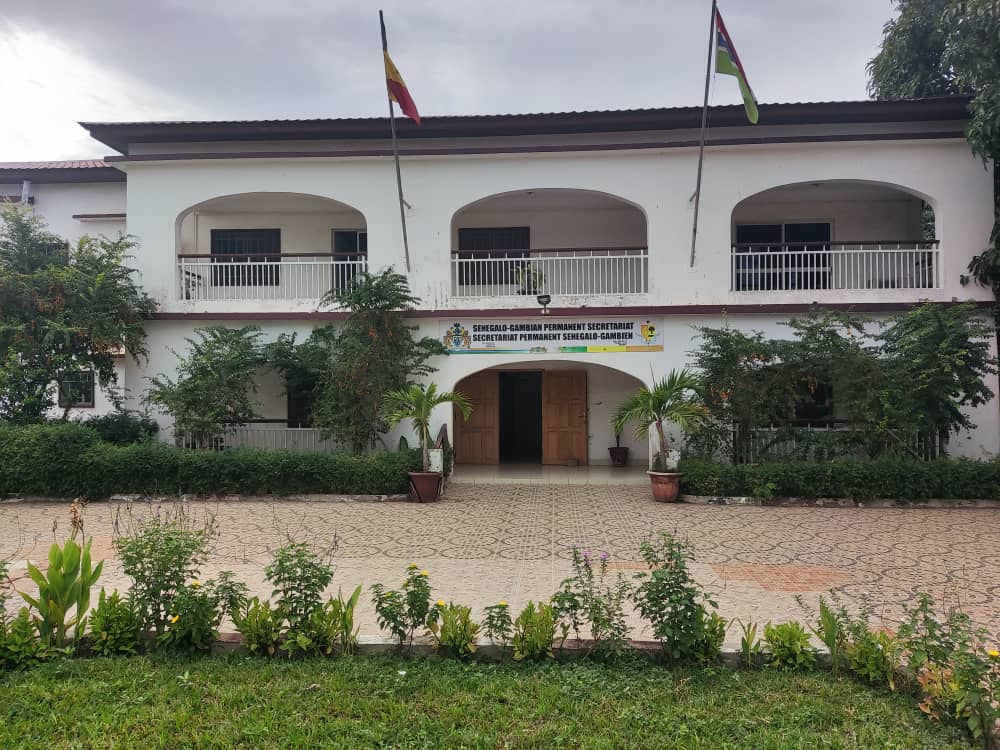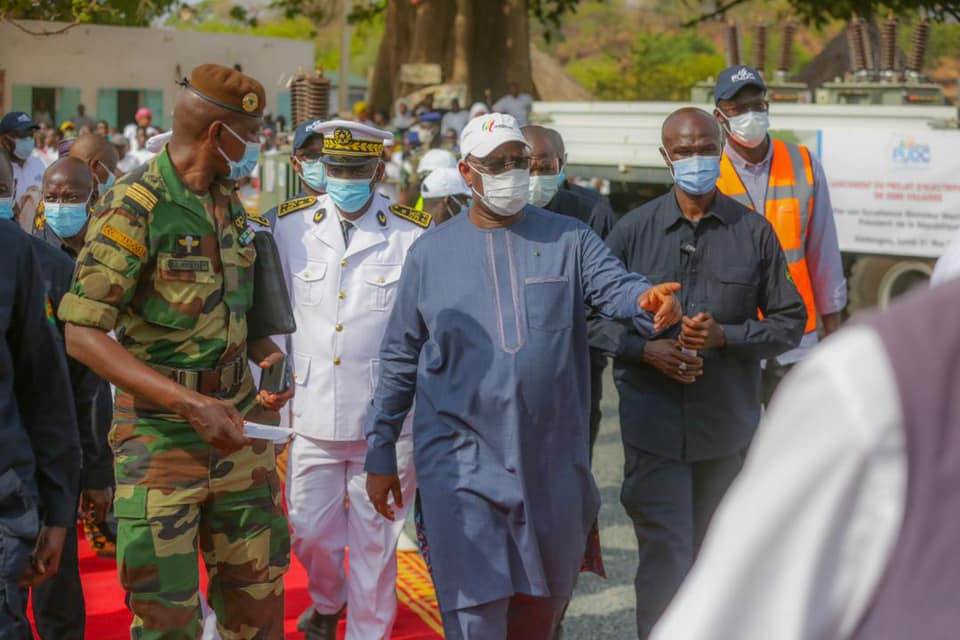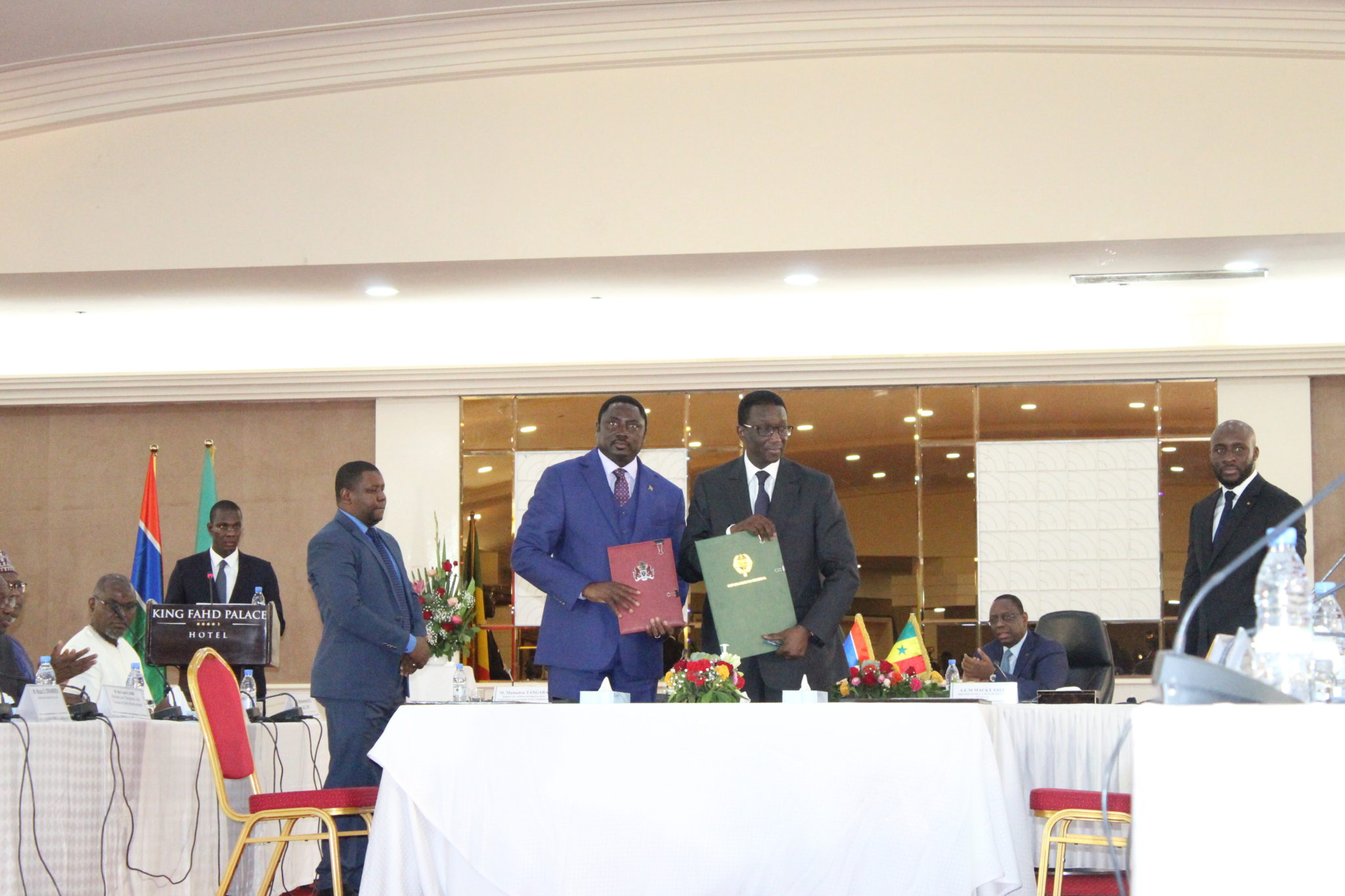Organization Unit
The headquarters of the Permanent Secretariat is located in Banjul (Republic of The Gambia). It is headed by an Executive Secretary of Senegalese nationality, assisted in his duties by a Deputy Executive Secretary of Gambian nationality.
In addition to the administrative and technical staff, as well as General services staff, the above named authorities of the Permanent Secretariat are assisted by:
- A Director of Political, Social and Cultural affairs, proposed by Senegal;
- A Director of Communication, Infrastructure, Transport and Environment, suggested by Senegal;
- A Director of Trade and Economic Affairs, seconded by The Gambia;
- A Director of Defence and Security, provided by The Gambia
- These four Directors are seconded to the Permanent Secretariat, 2 from the Senegalese Government and 2 from the Gambian Government.
A “Bureau de Suivi” (Follow-up office), based in Dakar (Republic of Senegal) and headed by a Gambian national assisted by a deputy of Senegalese nationality will complement this institutional structure.
Under the authority of the Executive Secretary, the four Directors are tasked to prepare and implement strategies in the following sectors: infrastructure, trade, road, air and sea transport, agriculture, livestock, fisheries, forestry, economy and commerce, trade, investment, women and youth entrepreneurship, customs, tourism, environment and natural resources, defence and security, as well as the social and cultural sector, digital finance, micro-finance and financial inclusion
The Permanent Secretariat is also a party in the Senegalo-Gambian Commission for the management of border issues and the Joint Military and Security Commission.
The operating budget of the Permanent Secretariat is financed by the yearly contributions from the two Governments, to a ratio of 50% for The Gambia and 50% for Senegal.
It is noteworthy that, for its programme budget, the Permanent Secretariat has mandate to draw resources from the proceeds from services it renders, donations, subsidies and legacies, from loans contracted by the Secretariat or the proceeds of its financial investments and any other funds approved by the Parties



